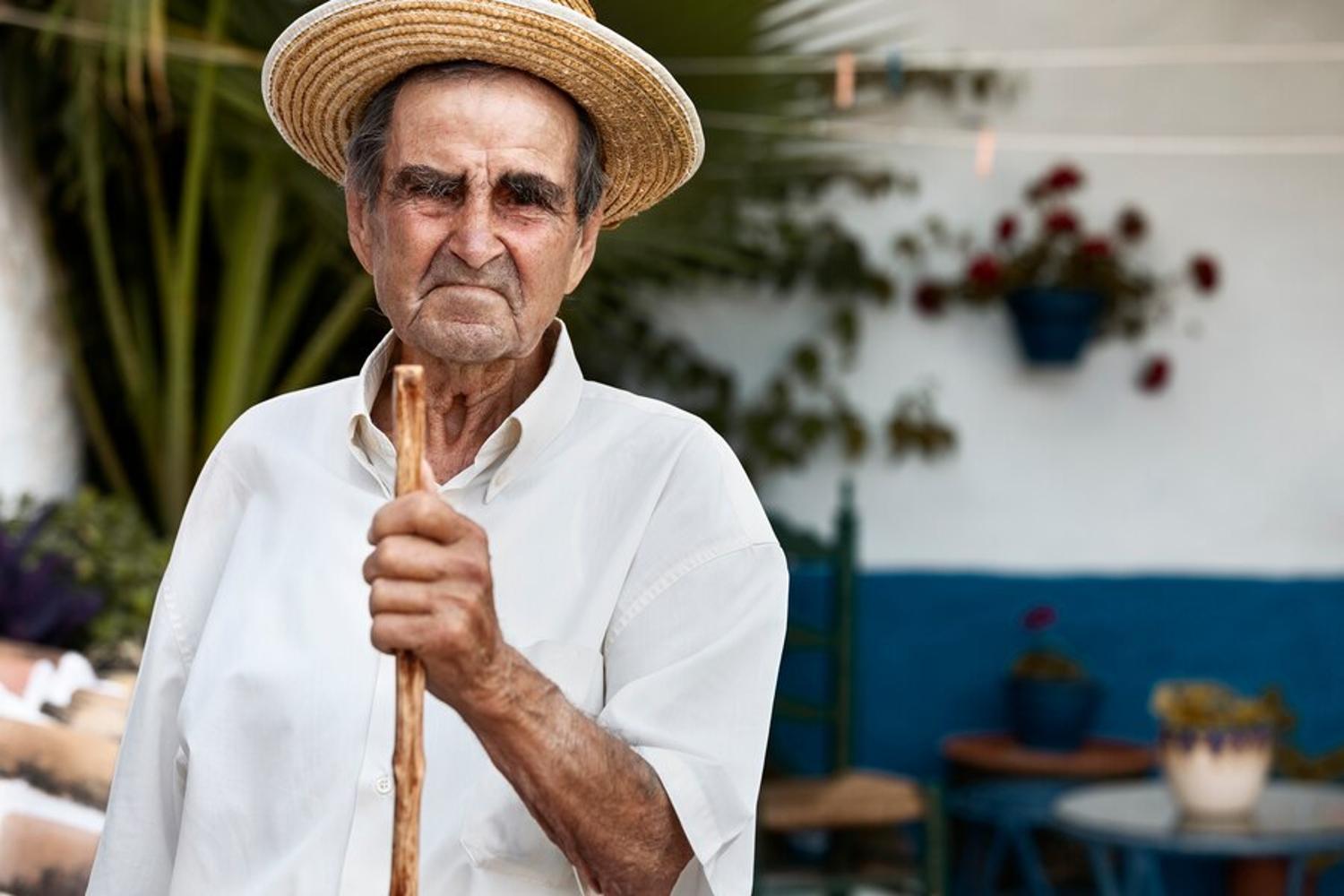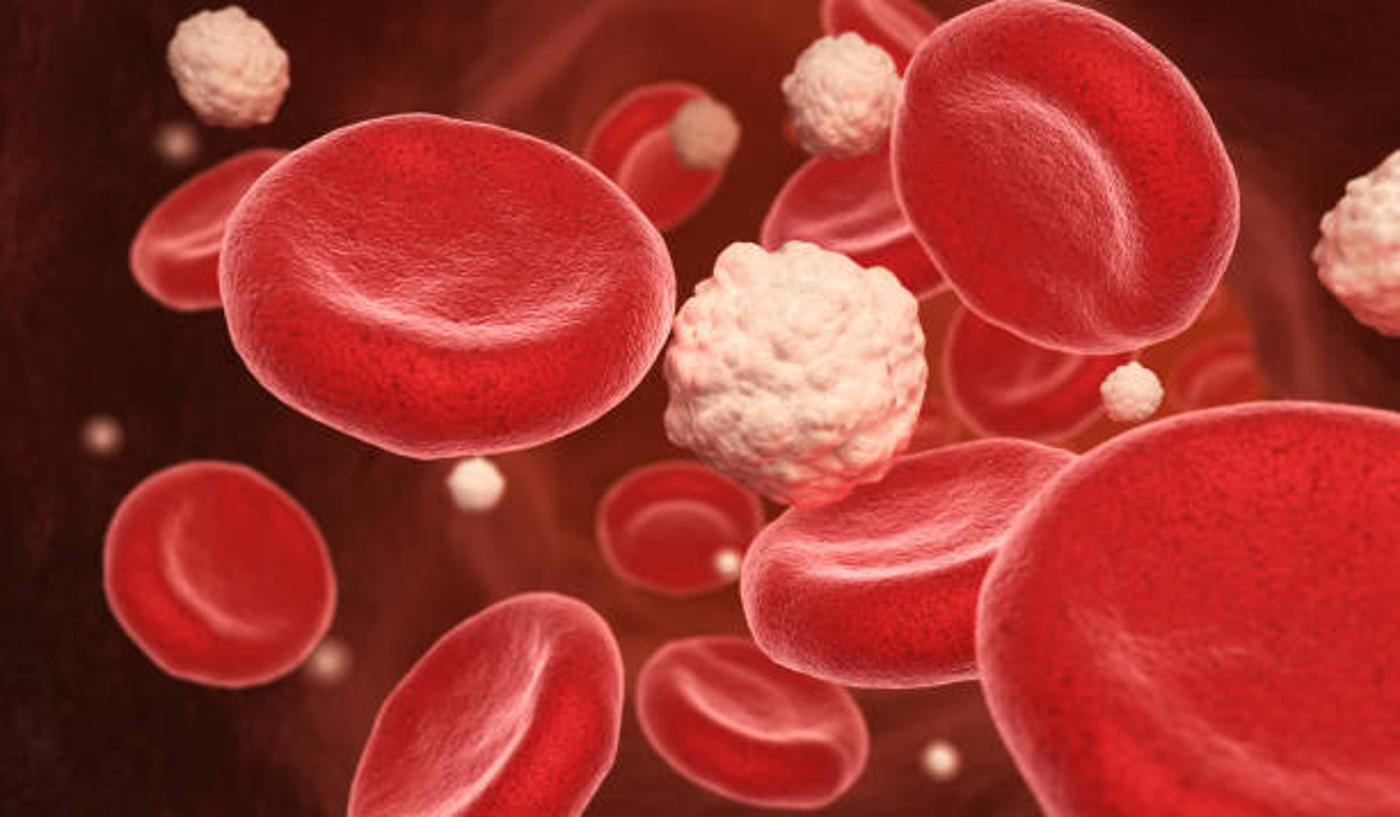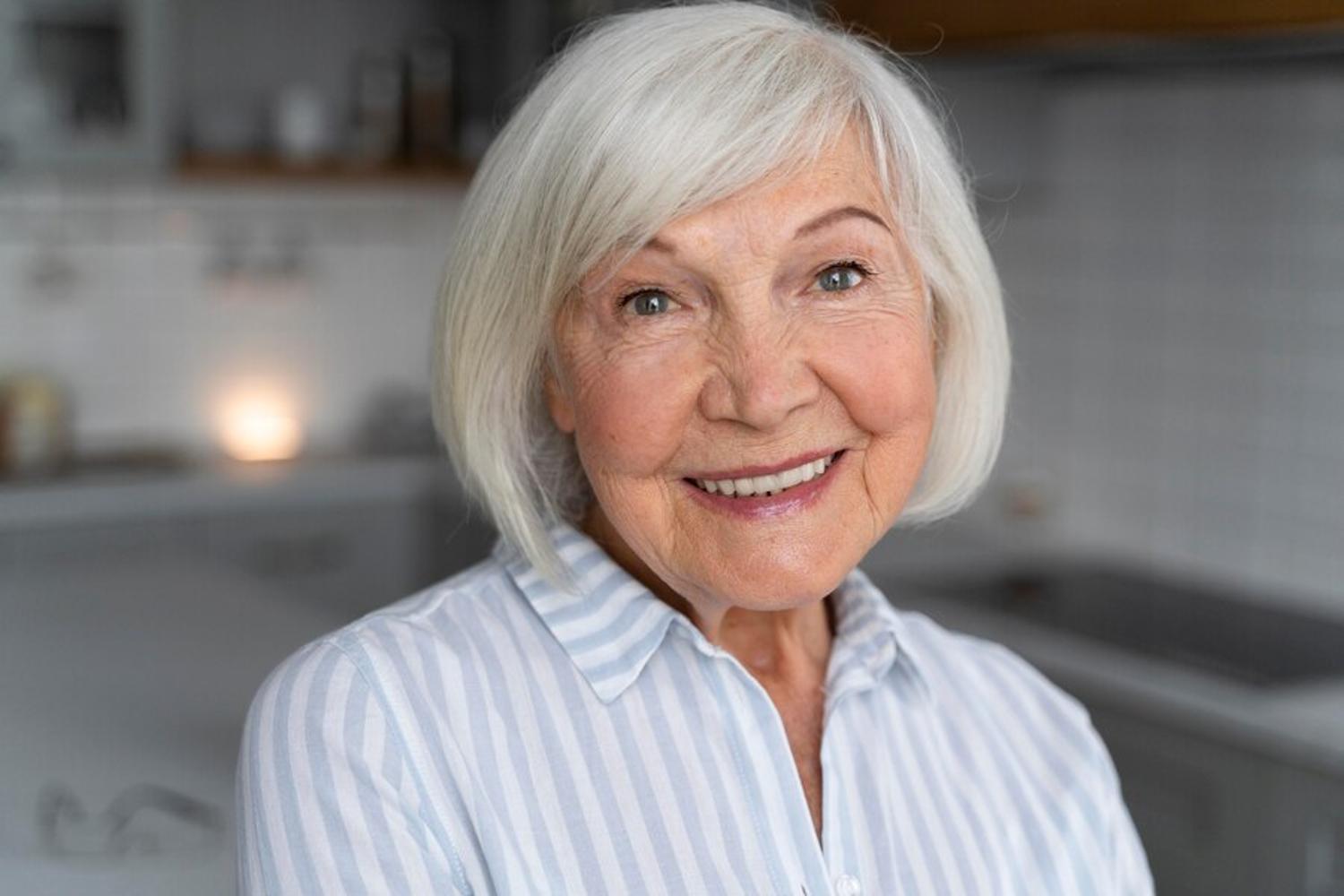There are currently more than 722,000 centenarians, or people over 100 years old, living on Earth. And what’s especially interesting about this statistic is that the number of centenarians has doubled every decade since the 1950s.
People are unquestionably living longer than they used to, and scientists want to find out why. Although several theories have been presented, one team of researchers published a study in September 2023 that shows life expectancy directly correlates with specific biomarkers in your blood.
The Obsession With Centenarians

In August 2023, Netflix released a docuseries entitled “Live to 100: Secrets of the Blue Zones,” based on Dan Buettner’s book of the same title.
Millions of viewers from around the world tuned in to find out exactly who was living past 100 and, more importantly, how.
Blue Zone Centenarians Are Happy and Healthy

The documentary explained that the regions or “Blue Zones” with the most centenarians all had a few things in common, including specific aspects of their diet and similar lifestyle choices.
Still, the bottom line was that the residents were active, healthy, connected to their community, and generally just happy people.
Humans Don’t Want to Die

One of the reasons why the documentary was such a big hit is because human beings, as a species, have a true fear of death. Most people would likely tell you they want to live forever, or at least they don’t want to go before they absolutely have to.
Experts could argue as to why people are so afraid to die. Psychologists would likely say it’s because we don’t know what happens on the other side, whereas biologists would contend it’s a survival mechanism.
Humans Want to Remain Healthy as Long as They Can

But humans don’t just want to live for as long as possible. They also want to ensure that their bodies and minds stay healthy throughout their (hopefully) long lives so that they can continue to enjoy them.
This, of course, has led to an obsession with the aging process, specifically trying to stop or reverse it. It’s interesting to note that our ancestors, including brilliant minds like Aristotle, worried about aging, too.
Looking Younger Won’t Necessarily Help You Live Longer

Most people understand that making yourself look younger won’t literally elongate your life. So, opting for expensive face creams that eliminate wrinkles, trendy clothes, coloring your hair, and even cosmetic surgery won’t help you live to be 100 years old.
However, a recent study conducted in Sweden proved that there are tangible actions you can take to not only look and feel younger but also live longer.
Study in Sweden Noted Specific Biomarkers in Centenarians

In September 2023, researchers finally published their findings after comparing biomarkers in the blood of 44,000 people from Sweden between the ages of 64 and 99 for 35 long years.
The team hypothesized that studying several biomarkers, including those related to metabolism, inflammation, liver, renal, anemia, and nutritional status, would be able to dictate who would and wouldn’t live to become centenarians.
They Proved Their Hypothesis True

After extensive research, the team was able to confirm their theory: They had found particular biomarkers in the blood of those who lived past 100 that those who died before reaching 100 didn’t have.
Specifically, they noted that “Higher levels of total cholesterol and iron and lower levels of glucose, creatinine, uric acid, aspartate aminotransferase, gamma-glutamyl transferase, alkaline phosphatase, lactate dehydrogenase, and total iron-binding capacity were associated with reaching 100 years.”
Healthier Bodies Live Longer

Those who lived to 100 had less sugar in their blood and higher levels of good cholesterol, but they also noticed that they experienced fewer hospitalizations and disabilities and retained better cognitive function.
In other words, those who lived to be 100 years old were healthier than those who didn’t. While this may seem like an obvious conclusion, understanding the science behind this truth could change the way people live.
Lifestyle Choices of Centenarians

Because the study did not analyze the participants’ specific lifestyle choices, they could not report whether or not their habits influenced their life expectancy. However, anyone can deduce that healthy bodies are made through healthy habits.
Diet, exercise, alcohol intake, caffeine consumption, medications, and even how much time people spend outside in nature or with loved ones absolutely affect their physical health.
85% of Participants Who Live to 100 Were Female

It’s important to understand that while this study clearly shows that people with healthier bodies are far more likely to live to 100, one interesting finding proved there is a genetic component.
Of the 44,000 participants in the study, only 2.7% (1,224 people) lived to be centenarians. However, 85% of those centenarians were female. In other words, males will have a much more challenging time getting to 100, even if they are incredibly healthy.
Do You Want to Live a Long and Healthy Life?

Scientifically, this study certainly offers a substantial amount of information to medical professionals. But it also provides everyone else with the knowledge they need to live a happy, healthy, and long life.
The secret to becoming a centenarian is actually quite simple: Stay active, eat a healthy diet, connect with those around you, and continue to check in with your doctor on a regular basis.








































